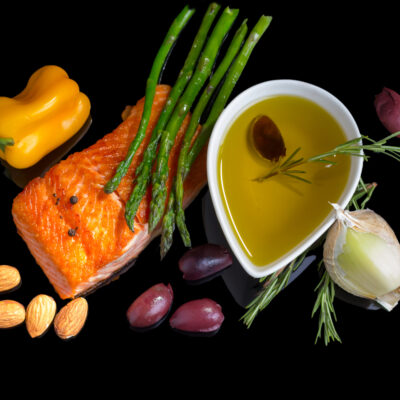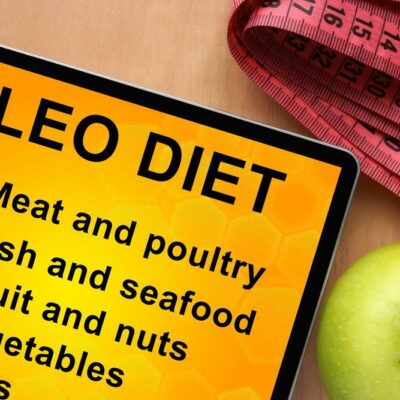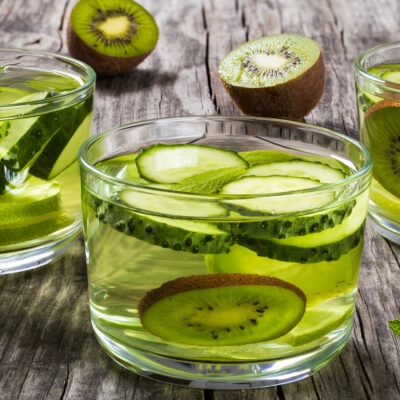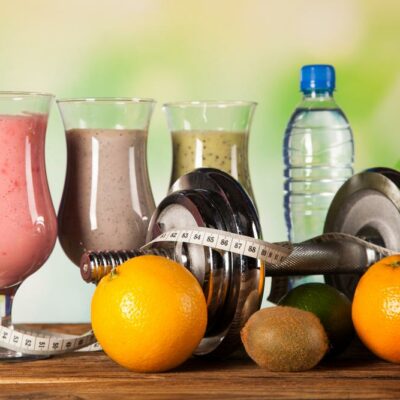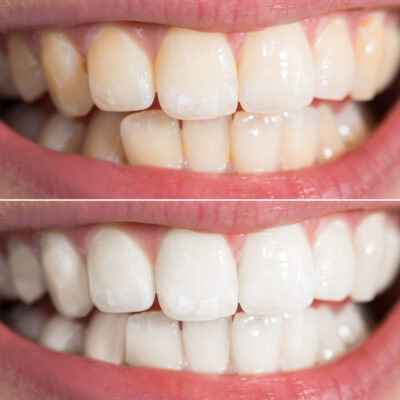
Life
Simple IBS Dietary Tips
Irritable bowel syndrome leads to symptoms such as constipation or diarrhea, along with other symptoms of bloating, stomach cramps, and problems in urinating and having sex. The condition can be treated with medication and by managing your diet and lifestyle. Exact diet changes that need to be made depends on the type of IBS you are suffering from. There are particular foods you should stay away from when you are suffering from constipation and when you have diarrhea. The following are some simple IBS dietary tips that can make a big difference: 1. Hydrate Drinking water is extremely important, and when it comes to IBS it can make you feel a lot better. You should drink plenty of water throughout the day to ensure you are not dehydrated. This helps with any type of IBS. 2. Don’t skip meals You should never skip meals under any circumstances because this can lead to your symptoms worsening. Instead, you can opt for having smaller meals throughout the day. This is one of the top IBS dietary tips given by doctors. 3. Eat slowly You should ensure you are not eating your food too fast because this will delay digestion. Instead, take smaller bites and chew your food well when you are eating your food.
Read More 